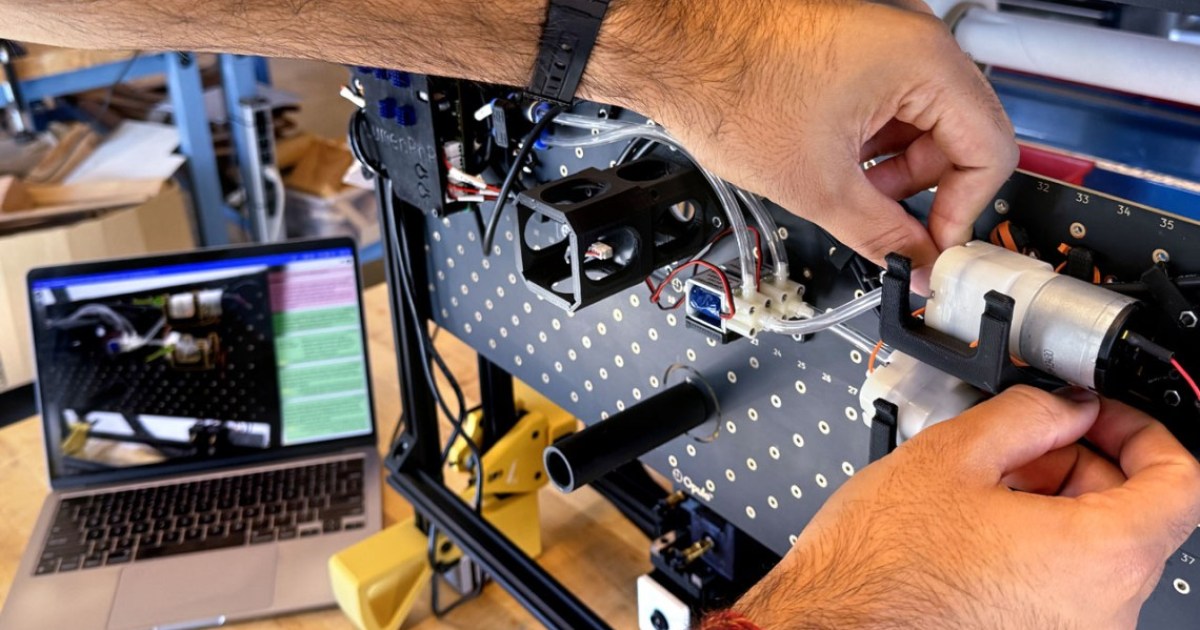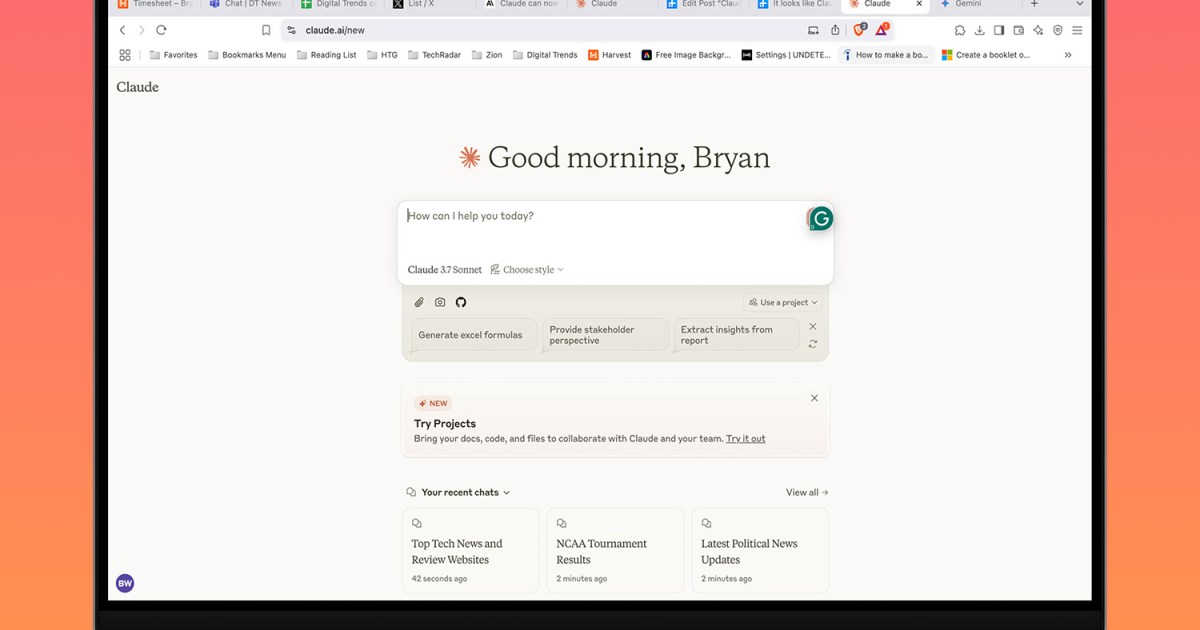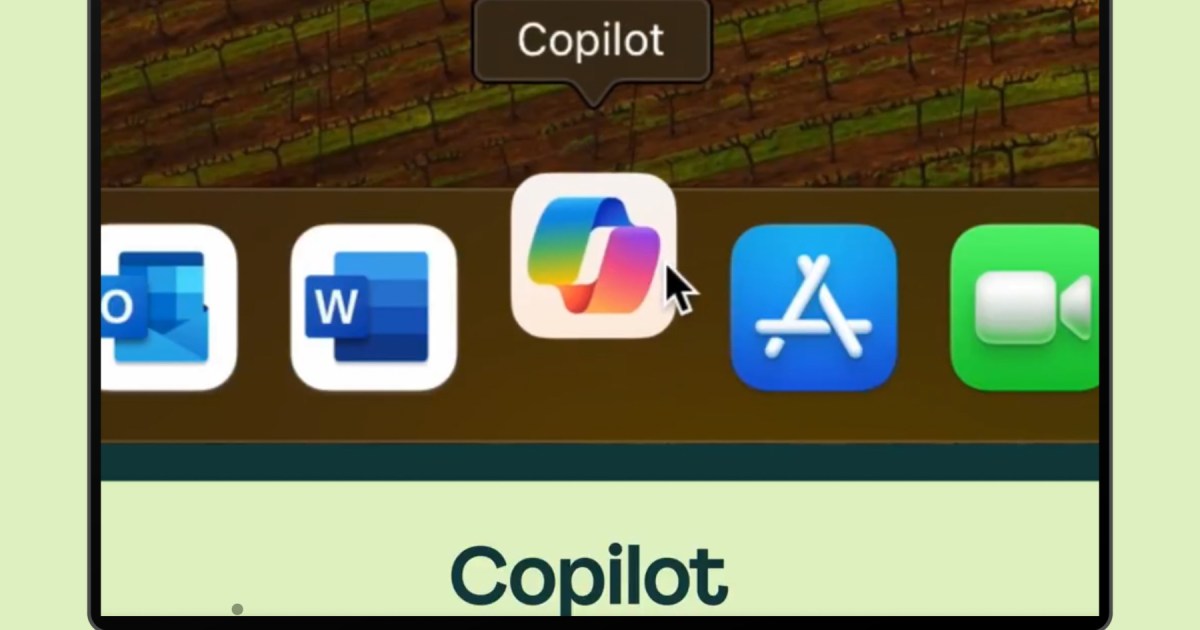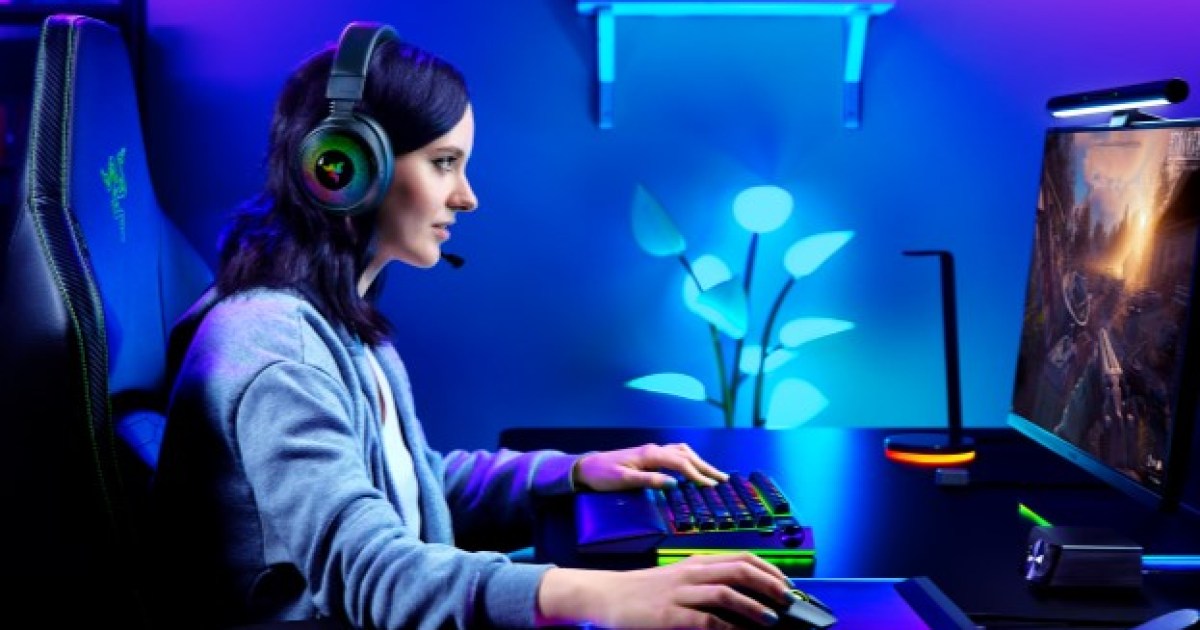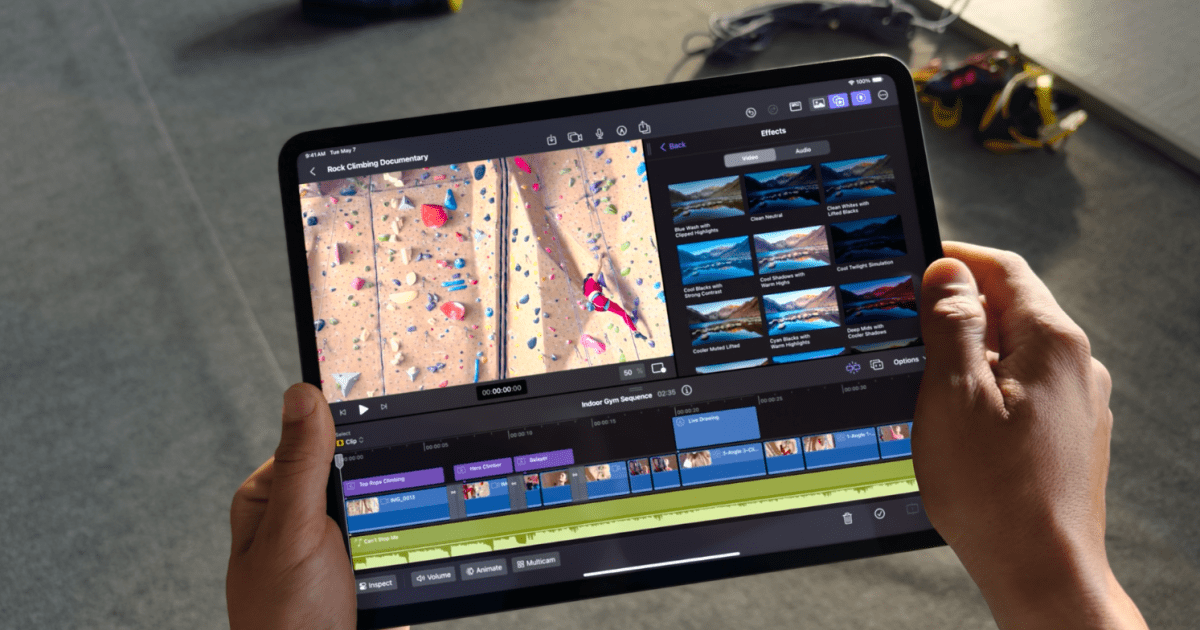Anthropic has joined the AI-powered web search race with its new feature announced on Thursday. This feature, powered by Anthropic’s Claude 3.7 Sonnet model, seamlessly integrates web search directly into the Claude chatbot. By enabling this feature in your profile settings, you can use AI prompts to receive contextual results, complete with source links, offering a more comprehensive experience compared to traditional search engine results. Initially, this feature will be available to paid users in the U.S., with a wider rollout planned for the future.
Keeping Pace with AI Innovation
Anthropic’s move mirrors similar initiatives from other AI leaders like OpenAI, which launched its ChatGPT search tool in the fall of 2024. OpenAI’s feature also started as a premium offering for subscribers before becoming widely accessible. Interestingly, while Google is a venture partner of Anthropic, Google also recently previewed its own AI mode for Google One Premium customers.
Streamlining Research with AI
Anthropic envisions several applications for this new feature, ranging from analyzing industry trends to researching grant proposals. According to Venture Beat, the company also sees its potential for comparison shopping. Previously, users had to juggle search engines and chatbots to conduct thorough research, manually transferring information between platforms. Integrated web search simplifies this process, streamlining access to needed information.
The Competitive Landscape of AI Search
However, Android Headlines points out a potential downside to this rapid AI development race. OpenAI’s ChatGPT search was initially a response to Google Search, prompting Google to develop its own AI model in response. Now, Anthropic enters the fray with its own web search feature, aiming to compete with both. This competitive cycle could potentially impact existing web traffic. A recent study reveals that AI search engines drive significantly less traffic (96% less) to news sites compared to Google Search. This is because AI tools often use links as annotations rather than primary sources, reducing the likelihood of users navigating away from the AI platform.
Conclusion: The Future of AI-Powered Search
Anthropic’s integration of web search into Claude marks another significant step in the evolution of AI-powered search. While it offers clear benefits in terms of streamlined research and contextualized results, the long-term implications on web traffic and the competitive landscape remain to be seen. This ongoing development underscores the rapid pace of innovation in the AI sector and the potential for transformative changes in how we access and interact with information online.




